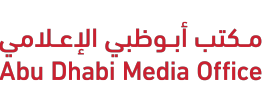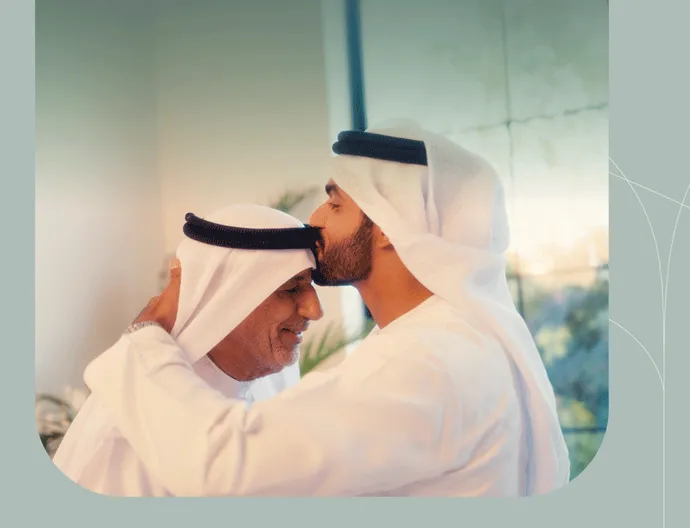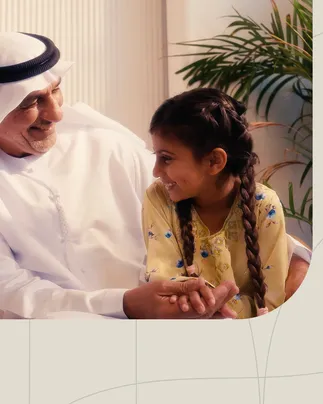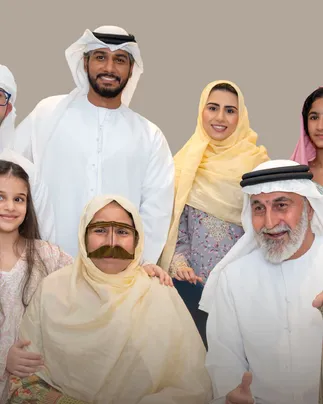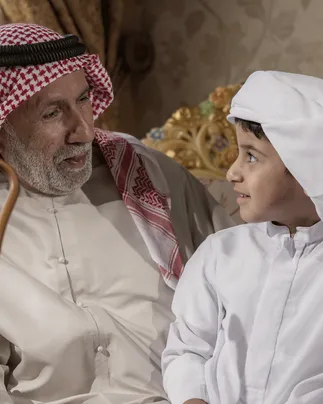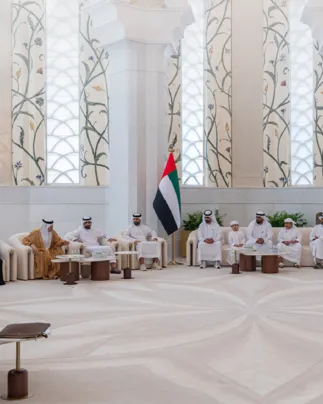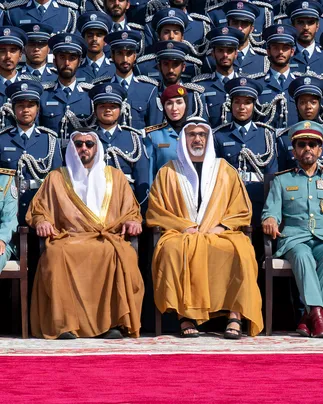As part of the Barakatna initiative, launched by His Highness Sheikh Mohamed bin Zayed Al Nahyan, President of the UAE, the Family Development Foundation (FDF) and the Department of Government Enablement – Abu Dhabi (DGE), in collaboration with the Department of Community Development – Abu Dhabi (DCD), have announced the provision of a service that allows caregivers of their parents to benefit from flexible work systems.
The initiative seeks to empower caregivers to access these systems and strengthen the role of children in supporting and caring for senior citizens.
Her Excellency Mariam Mohammed Al Rumaithi, Director-General of Family Development Foundation, highlighted FDF’s commitment towards senior citizens’ welfare, stating that extensive efforts are being made to ensure their stability and quality of life to enable them to perform their social and professional roles, and balance their personal, professional and social responsibilities.
Her Excellency Mariam Mohammed Al Rumaithi said: “Home care requires commitment and special attention, and we are working on providing the necessary regulations to support this responsibility, including the presence of a dedicated nurse for senior citizens, along with ongoing coordination with employers.”
His Excellency Ibrahim Nasser, Undersecretary of the Department of Government Enablement, said: “We are proud to be part of this inspiring humanitarian initiative, which aims to develop regulatory human resources policies within the Abu Dhabi Government and empower employees to fulfil their family responsibilities without compromising their professional performance.”
His Excellency Ibrahim Nasser noted that this initiative helps foster a flexible work environment and achieve a balance between personal and professional life, positively impacting employee wellbeing and the sustainability of government performance.
His Excellency Abdulrahman Al Blooshi, Director of the Strategic Planning and Institutional Development Department at FDF, emphasised that the service allows individuals to apply for a Primary Caregiver Certificate, which reaffirms their role in providing social services to one or both parents classified as senior citizens. The certificate enables them to obtain approval from their employer to benefit from the flexible work systems available for those caring for their parents, in line with the stipulated regulations and criteria.
His Excellency Abdulrahman Al Blooshi stated that one of the key conditions is that the employee must be working at a government entity within Abu Dhabi, and that the senior citizen’s health condition requires continuous in-home care, based on a medical report issued by a licensed healthcare facility in Abu Dhabi, dated no more than three months prior.
Her Excellency Wafa Mohammed Al Ali, Director of Family Development at FDF, highlighted that applicants’ parents must be Emirati senior citizens aged 60 and over, in accordance with the National Policy for Senior Citizens. The applicant must be a first-degree relative (son or daughter), reside with them permanently in the same household, and be the primary caregiver. It is also required that the applicant holds a Family Book issued in Abu Dhabi and resides permanently in the emirate.
Moreover, Her Excellency Wafa Mohammed Al Ali said to receive approval to benefit from the flexible work systems for caregivers of their parents, applicants must use a digital ID to log into the TAMM platform, submit the requisite application and documents, receive an application confirmation, schedule a home visit by FDF, and be notified of the social assessment visit date. Candidates can obtain their Primary Caregiver Certificate after successfully passing the evaluation.
This step comes as part of the Abu Dhabi Government’s ongoing efforts to enhance the quality of life for senior citizens and provide practical solutions for Emirati families, enabling them to balance their family roles without compromising their professional responsibilities — thereby collectively reinforcing the values of compassion, family cohesion, and institutional flexibility.
